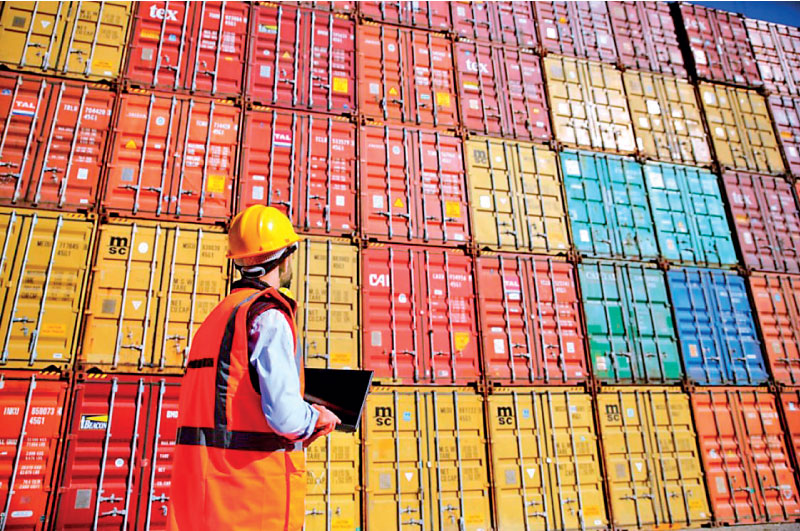Sunday Feb 15, 2026
Sunday Feb 15, 2026
Monday, 22 August 2022 01:33 - - {{hitsCtrl.values.hits}}

The lack of accountability in moving the build-up of empty containers on the US East Coast is creating mounting concerns, as carriers’ charges are hindering terminal operations and port fluidity – according to one US Federal Maritime Commission (FMC) Commissioner.
Commissioner Carl W. Bentzel shared his views mirroring a statement made by FMC Chairman Daniel Maffei during his visit to the Port Authority of New York/New Jersey (PANYNJ).
Several major container ports on the US East Coast are experiencing elevated levels of congestion since the late-pandemic cargo boom, while increasing bottlenecks may be reaching an “emergency level” that could severely impact the global supply chain, said Bentzel.
Congestion is now spreading to many East Coast ports, as Baltimore just reported an overflow of empty containers according to Bentzel.
Just last week, PANYNJ announced it will implement a new quarterly container imbalance fee for ocean carriers as part of the seaport’s effort to reduce congestion.
FMC Chairman Maffei defended this stricter standpoint against ocean carriers, now followed by Commissioner Bentzel.
“In my view, it is fundamentally unfair to require small and large trucking companies to pay storage costs to store ocean carrier owned containers,” reads Bentzel’s statement.
“I would point out that we are still receiving allegations that, in addition to storage costs that, perhaps some carriers may also still be assessing detention charges, even though it is impossible to return containers – a double whammy.”
As Bentzel pointed out, the recently enforced Ocean Shipping Reform Act of 2022 (OSRA) will prove fundamental in responding to emergency situations affecting the reliability of international ocean transportation supply system.
“In the meantime, I continue to urge the carriers, marine terminals, shippers, and trucking interests to work with the relevant port authorities to develop better planning for the return of empty containers, and ultimate redeployment of badly needed transportation assets.”
Port congestion revamped dramatically in the past 12 months according to FourKites, but the global supply chain is still in doldrums as crisis shifts landside.